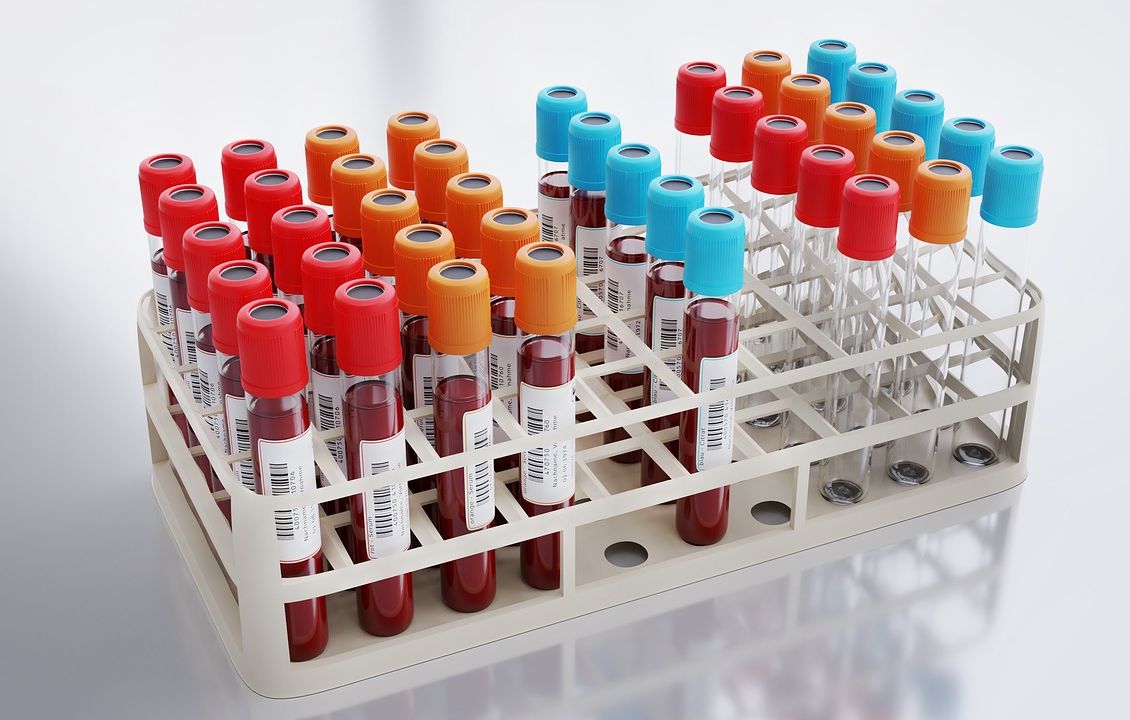What is this STI on the rise in France?

A sexually transmitted disease that causes anxiety. While sexually transmitted infections (STIs) are currently on the rise in the European Union, the European Center for Disease Prevention and Control (ECDC) warned on March 7 about the recent development of a disease: lymphogranulomatosis venereum. (LGV). Between 2021 and 2022, the number of cases increased by 58%, mainly in France, Belgium, Spain and the Netherlands. Here’s what you need to know about this still little-known STI.
Diagnosis by blood test
Venereal lymphogranulomatosis, or Nicolas-Faver disease, is endemic in certain tropical or subtropical regions, but was still rare in Europe before the 2000s, reports TF1 Information. It’s a bacterial infection that is “spread through anal intercourse and through fisting and the use of sex toys or rectal irrigation”, the ECDC details.
For the moment, the data regarding this infection is still insufficient, but it seems that “men who have sex with men and live with HIV infection” are more susceptible to this disease. Specifically, the diagnosis is made through a blood test or sample analysis in the event of symptoms. It resolves within two weeks with antibiotic treatment. During this time, it is also important to protect yourself sexually to avoid transmission of infection.
A disease in three stages
In the case of LGV, early diagnosis is especially important because potential complications may appear. First, between three and 30 days after transmission, lesions appear at the point of entry of the bacteria into the body. They can cause pain, fever, fatigue, ulcers, blisters or even bleeding. If these lesions disappear, the bacteria remain in the body.
This can give rise to a second phase, between two and six weeks after transmission. It is characterized by rectal bleeding and pus, muscle or joint pain, fever, and painful swelling of the lymph nodes in the neck and groin. Finally, without treatment, the final stage of the disease can occur with narrowing or perforation of the vagina, rectum or intestine, which can be irreversible. Swelling of the genitals may also appear, or inflammation of the liver or joints.



:focal(2779x1861:2789x1851):watermark(cloudfront-eu-central-1.images.arcpublishing.com/ipmgroup/UFVD77VYQZHRHBUO5OR7E7I6TY.png,0,-0,0,100)/cloudfront-eu-central-1.images.arcpublishing.com/ipmgroup/4U3LGTZ775G4HFNOUOQYZHMTN4.jpg)

